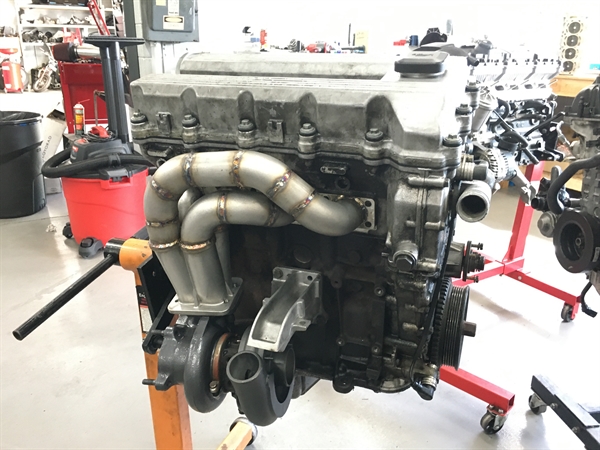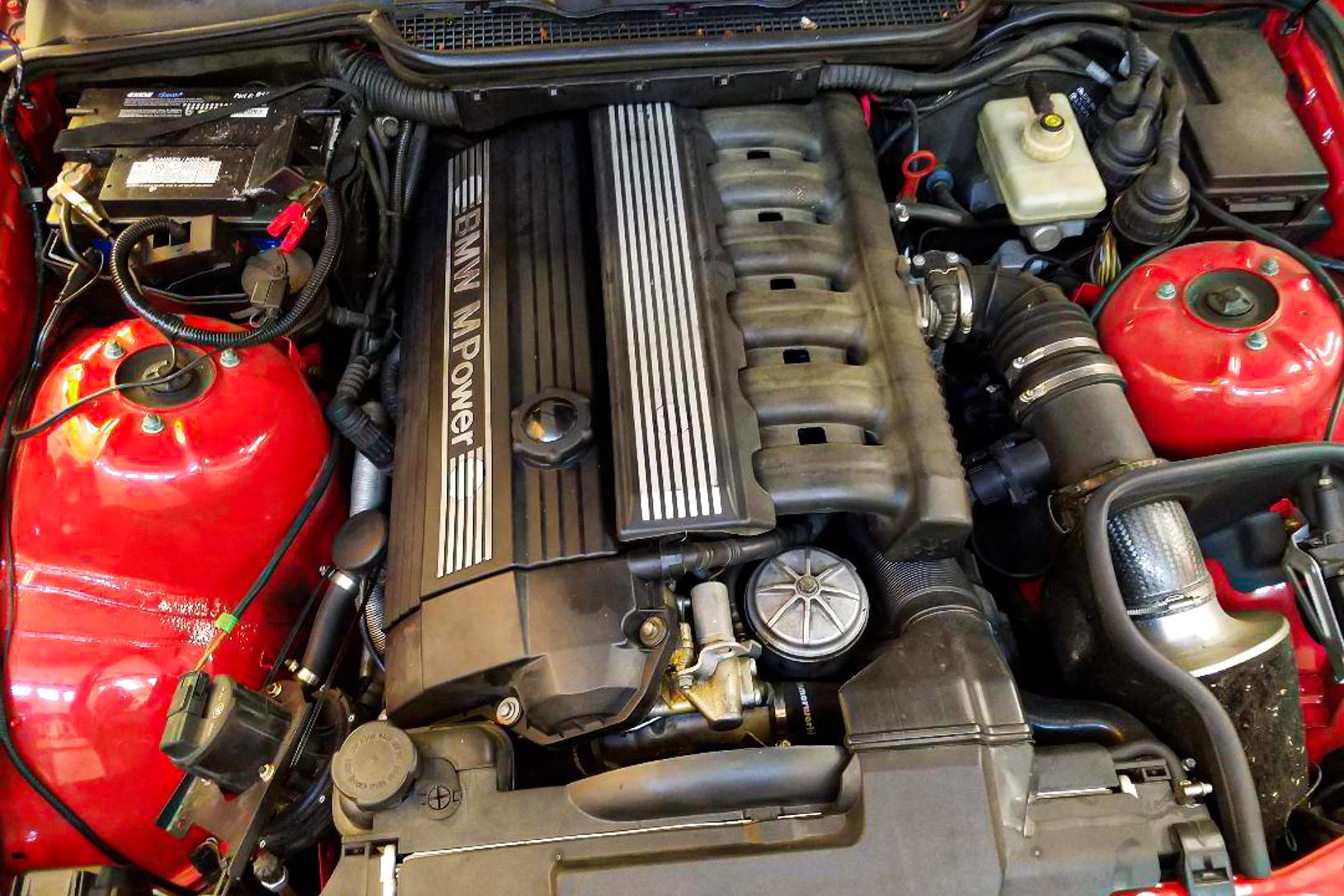Essential Considerations for Choosing the most effective Engine for Your Demands
In the world of choosing the suitable engine to satisfy your needs, a number of essential factors need meticulous consideration to guarantee ideal performance and efficiency. From the nuanced balance between power and efficiency to the often-overlooked facets of maintenance and service needs, each aspect plays a critical role in establishing the most ideal engine for your specific requirements. As the intricacy of engine modern technologies remains to develop, critical one of the most fitting option demands a deep understanding of the interplay in between different considerations. By exploring the complex internet of elements that underpin this decision-making procedure, a clearer path emerges towards picking an engine that not only satisfies yet surpasses your assumptions.
Power and Performance
When examining engines for ideal performance, it is vital to focus on both power output and effectiveness. Performance refers to exactly how well the engine converts fuel into usable energy. By meticulously reviewing both power and effectiveness, you can choose an engine that supplies ideal performance and fulfills your requirements effectively.
Gas Effectiveness and Economy
In the realm of engine choice, the factor to consider of fuel performance and economic situation holds paramount value. Gas performance describes the engine's ability to convert fuel into power with marginal waste, straight influencing operating expense and environmental sustainability. bmw 318ti. When selecting an engine, assessing its gas economy is important to establish lasting cost savings and ecological effect. Engines with higher fuel performance not only reduce gas costs yet additionally lower carbon exhausts, adding to a greener procedure.

Compatibility and Application
Thinking about the gas effectiveness and economic situation of an engine, the following critical facet to address is its compatibility and application within particular functional contexts. Compatibility describes exactly how well the engine integrates with the overall system or devices it powers. It entails variables such as physical dimensions, installing options, electrical user interfaces, and control systems. Making sure compatibility is important to stop concerns such as overheating, vibrations, or power imbalances (bmw 318ti).
Furthermore, the application of the engine is equally vital. Various engines are designed for details objectives, whether it be commercial machinery, aquatic vessels, vehicles, or power generators. Comprehending the designated application enables for the choice of an engine that can provide the required power output, torque, and functional qualities. A high-revving engine made for efficiency autos would certainly not be suitable for heavy-duty construction equipment that requires high torque at reduced speeds.
Maintenance and Solution Needs
Upkeep and solution requirements play a critical function in making sure the long life and optimum efficiency of an engine. Regular upkeep is vital to prevent failures, expand the lifespan of the engine, and maintain best site its performance. When picking an engine, it is essential to think about the maker's recommended maintenance schedule and the schedule of service centers or qualified professionals.
Factors such as the frequency of oil modifications, filter substitutes, and overall assessments can substantially impact the engine's efficiency. Some engines might require even more regular maintenance based on their layout and use, while others might have longer intervals in between upkeep checks. It is important to comply with these service needs to stay clear of pricey repair services and unanticipated downtime.

Price and Spending Plan Considerations
Spending plan restraints frequently play a considerable duty in the decision-making process when selecting an engine for a specific application. When considering the price and budget plan ramifications of selecting an engine, it is important to analyze not only the preliminary acquisition rate yet also the lasting expenses related to maintenance, gas usage, and prospective upgrades or repair services. It is crucial to strike a balance between the upfront expense of the engine and its overall lifecycle costs to guarantee that the selected engine remains monetarily sustainable throughout its functional life-span.
Factors such as fuel durability, dependability, and effectiveness can directly affect the total cost of ownership of an engine. While a much more costly engine might have higher ahead of time prices, it can potentially result in lower upkeep and fuel expenses over time, hence offering much better worth in the long run.
Verdict

Fuel performance refers to the engine's ability to transform gas into energy with minimal waste, directly influencing operating expenses and environmental sustainability.Elements influencing gas performance consist of engine style, combustion efficiency, and general efficiency optimization. Additionally, picking the proper gas type and quality as advised by the engine producer can further enhance performance and lengthen engine lifespan.
Engines with excellent utility features and easily available components can lower maintenance prices and decrease the time the check this engine is out of procedure - bmw 318ti. It is crucial to strike an equilibrium in between the in advance expense of the engine and its overall lifecycle prices to guarantee that the chosen engine stays economically sustainable throughout its operational life expectancy